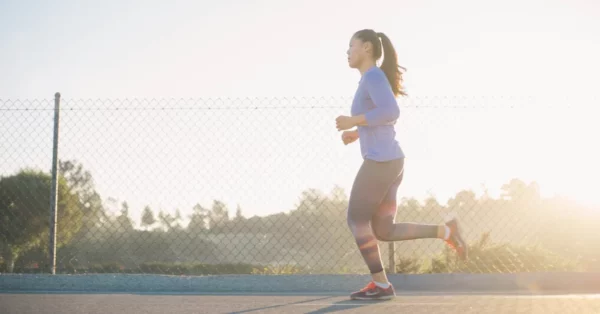
Need Alcohol to De-Stress? Think Again.

We’ve all been there. A long, hard day at work, too many deadlines, pressure piling on…..a few pints in the local or pulling the cork on a bottle of wine in the evening seems to be the ideal way to forget the worries for a while and wash away the stresses of the day. And it seems to work. But only temporarily.
We teamed up with Dr Sally Norton, NHS weight loss consultant surgeon and UK Health Expert, to give you a few facts ad myths you may find helpful.
Myth: Alcohol reduces stress.
Actually, alcohol produces a stress response in the body. It raises levels of the stress hormones adrenaline and cortisol…and long-term exposure to chemicals like these can have harmful effects on our body, raising blood pressure, the risk of heart disease and more.
Myth: Alcohol helps you sleep.
You may feel that drinking gets you to sleep when those stresses would otherwise keep you tossing and turning all night. But alcohol affects the quality of sleep you get – sabotaging your natural rhythm, reducing the amount of restorative deep sleep, increasing snoring or triggering the need for middle-of-the-night bathroom trips. And a poor night’s sleep leaves you less able to tackle the stresses that the next day might bring.
Fact: Alcohol and stress are a potent weight-gain combo.
Cortisol, one of the stress hormones, is more likely to lead to fat being laid down around your internal organs – giving the classic beer gut or middle-aged spread. And that fat is associated with an increased risk of heart disease, high blood pressure, liver disease, diabetes and more. Now add in alcohol, which contains almost as many calories, gram for gram as fat. Plus, the added sugar or other ingredients that make up the drink. Then, the fact that after a night’s drinking we crave high fat and sugar foods to restore our energy and you can see why stress + alcohol = weight-gain.
Fact: There are far better ways to relieve stress than alcohol.
You’ll probably find it’s not so much the alcohol as the environment that relieves the stress. Chatting with friends over dinner or putting your feet up in front of a good film will help you unwind even without the booze.
Studies show that socialising or just switching off can help reduce stress and its health impact. And the best prescription for dealing with stress that can be given is exercise. Not only does it counteract those stress hormones with feel-good endorphins but it helps reduce the blood pressure, heart disease and other diseases that go hand-in-hand with stress. What’s more, it clears your mind and helps you sleep – and there is nothing better than a good rest to make stress seem more manageable and give you a fresh perspective.
So, next time you find yourself reaching for a stress-relieving tipple, remember that you are far more likely to find the solution with a pair of trainers than a pint of beer!















































